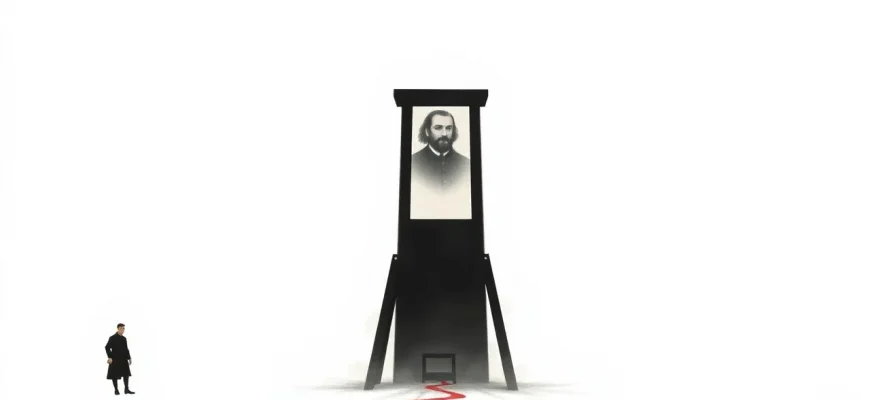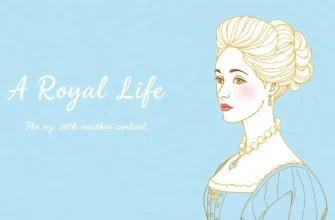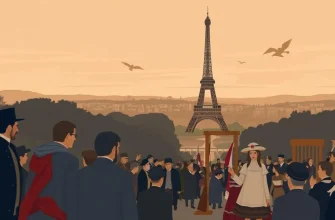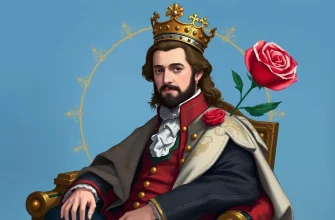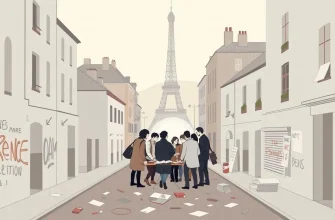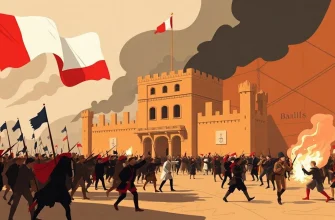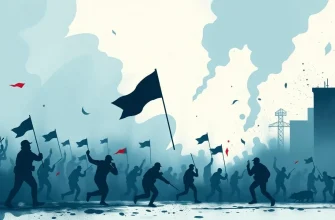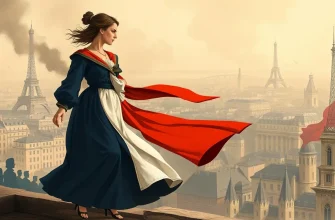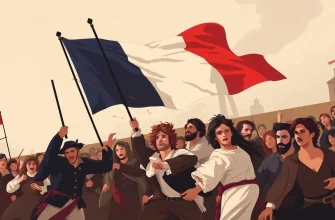The Jacobins, a radical political group during the French Revolution, left an indelible mark on history. This curated selection of films delves into their tumultuous era, offering viewers a chance to witness the fervor, the politics, and the human drama that defined the Jacobin period. From epic historical dramas to intimate character studies, these movies provide a multifaceted view of a time when ideals clashed with reality, and the guillotine cast its long shadow over France.

A Tale of Two Cities (1935)
Description: Based on Charles Dickens' novel, this film captures the essence of the French Revolution, with scenes of the Jacobin-led mob and the guillotine, focusing on the human stories amidst the chaos.
Fact: The film was nominated for two Academy Awards, including Best Picture.
 Watch Now
Watch Now 
The Duellists (1977)
Description: Although primarily a story of personal honor, this film is set during the Napoleonic Wars, which were influenced by the Jacobin legacy, providing a backdrop for the characters' lives and conflicts.
Fact: This was Ridley Scott's directorial debut, showcasing his talent for historical settings and visual storytelling.
 Watch Now
Watch Now 
The Scarlet Pimpernel (1982)
Description: While not exclusively about Jacobins, this film features the Jacobin-led Reign of Terror as the backdrop for the daring escapades of the Scarlet Pimpernel, who rescues aristocrats from the guillotine.
Fact: The film was adapted from the novel by Baroness Orczy and has inspired numerous adaptations and sequels.
 Watch Now
Watch Now 
Marie Antoinette (2006)
Description: While focusing on the life of Marie Antoinette, the film includes the rise of the Jacobins and the eventual storming of the Bastille, which marked the beginning of their influence.
Fact: Sofia Coppola's unique visual style and modern soundtrack brought a fresh perspective to this historical drama.
 Watch Now
Watch Now 
La Révolution Française (1989)
Description: This epic two-part film covers the entire French Revolution, with significant focus on the Jacobins' rise to power, their reign of terror, and eventual downfall. It's a comprehensive cinematic exploration of the era.
Fact: The film was released to coincide with the bicentennial of the French Revolution, making it a significant cultural event in France.
 Watch Now
Watch Now 
Robespierre (1949)
Description: This French film focuses on Maximilien Robespierre, the architect of the Reign of Terror, exploring his rise to power and his eventual fall, highlighting the internal dynamics of the Jacobin Club.
Fact: The film was directed by Abel Gance, known for his innovative techniques in silent cinema, marking a shift in his career towards historical dramas.
 30 Days Free
30 Days Free 
The Black Tulip (1964)
Description: Set during the French Revolution, this film features the Jacobins as antagonists, with the protagonist, a masked hero, fighting against their tyranny.
Fact: The film was inspired by Alexandre Dumas' novel, blending historical events with romantic adventure.
 30 Days Free
30 Days Free 
The Taking of Power by Louis XIV (1966)
Description: This film, while centered on Louis XIV, includes the backdrop of the Jacobin influence and the aftermath of the Fronde, which set the stage for the Revolution.
Fact: Directed by Roberto Rossellini, this film is known for its meticulous historical detail and its focus on the inner workings of power.
 30 Days Free
30 Days Free 
Danton (1983)
Description: This film captures the last days of Georges Danton, a key figure in the French Revolution, as he faces trial and execution by the Committee of Public Safety, led by Robespierre. It's a poignant look at the internal conflicts within the Jacobin movement.
Fact: The film was shot in Poland, with the Polish government providing support due to the film's themes of revolution and resistance.
 30 Days Free
30 Days Free 
The French Revolution (2005)
Description: This documentary series provides an in-depth look at the French Revolution, with a significant portion dedicated to the Jacobins' role in shaping the events.
Fact: The series was produced with the collaboration of historians to ensure historical accuracy.
 30 Days Free
30 Days Free 
